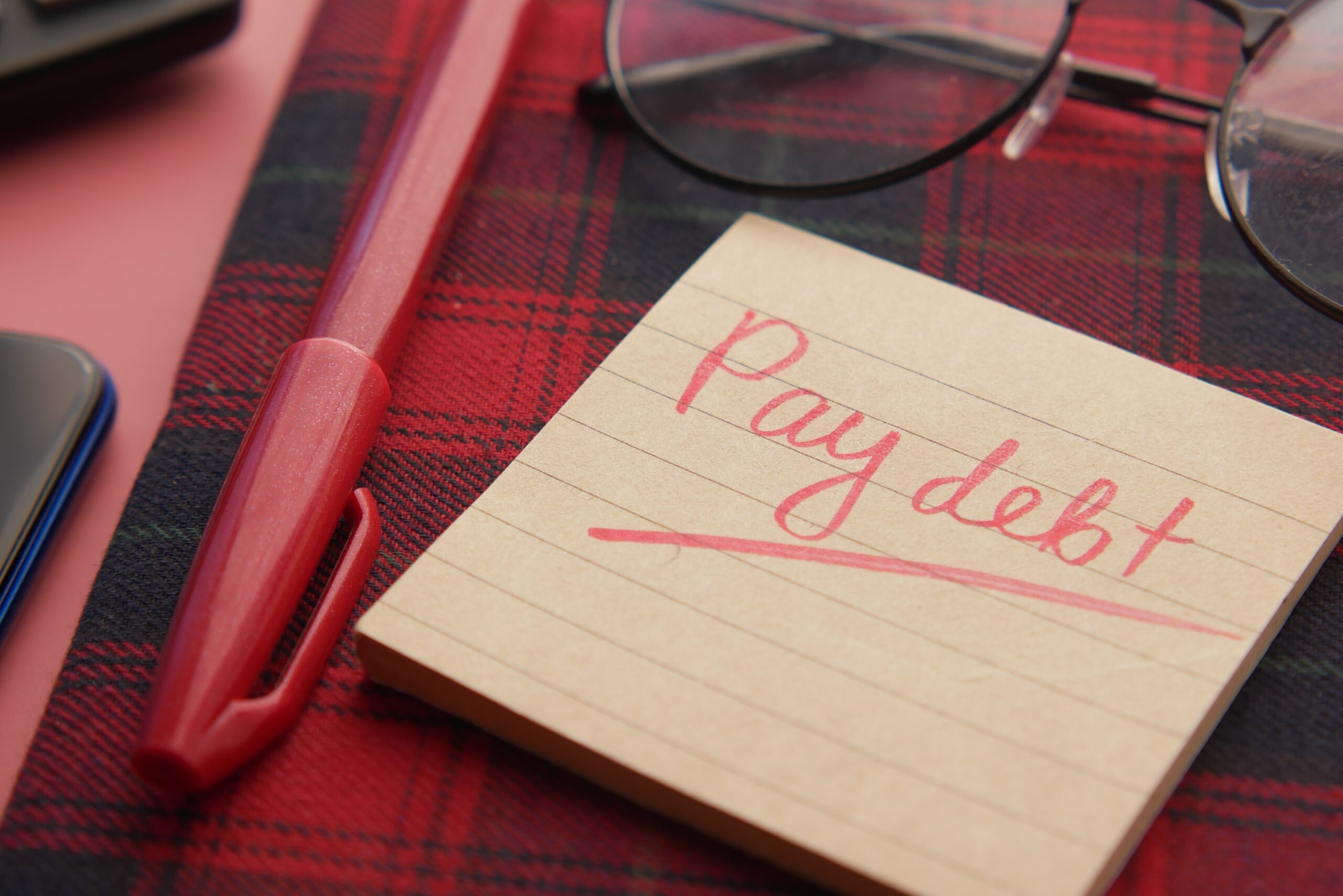Debt can be a significant source of stress and anxiety for many people. Whether it’s credit card debt, student loans, or a mortgage, carrying too much debt can hinder your ability to achieve financial freedom. However, by taking proactive steps to reduce your debt, you can regain control of your finances and achieve your financial goals. In this article, we’ll go over some effective strategies for reducing your debt and achieving financial freedom.
Create a Budget
The first step in reducing your debt is to create a budget. A budget is a plan for your income and expenses that helps you allocate your money wisely and prioritize your debt payments. Start by tracking your expenses for a month to get a sense of where your money is going. Then, create a budget that reflects your income, expenses, and debt payments.
When creating your budget, be sure to include all your debts and make minimum payments on all of them. This will prevent your debts from growing due to late fees or missed payments. Next, allocate as much money as possible toward the debt with the highest interest rate. Even a small amount can make a big difference in reducing the balance and paying off the debt faster.
Negotiate with Creditors
If you’re struggling to make your debt payments, don’t be afraid to reach out to your creditors to discuss your options. Many creditors are willing to work with you to develop a repayment plan or offer a hardship program. Be honest and transparent about your financial situation, and ask for a lower interest rate, reduced fees, or a payment plan that works for you.
You can also consider enlisting the help of a credit counseling agency to negotiate with creditors on your behalf. A credit counseling agency can help you create a budget, negotiate with creditors, and develop a debt repayment plan.
Prioritize Your Debts
When you’re trying to reduce your debt, it’s essential to prioritize your debts. Start by making a list of your debts, including the amount owed, the interest rate, and the minimum payment. Then, focus on paying off the debts with the highest interest rates first. This will help you save money on interest charges and pay off your debts faster.
Another strategy is to prioritize the debt with the smallest balance first, known as the debt snowball method. By paying off the smallest debt first, you can build momentum and motivation to pay off your debts faster. Once you’ve paid off the smallest debt, roll the payment into the next smallest debt and continue until all your debts are paid off.
Consider Debt Consolidation
Debt consolidation is another strategy for reducing your debt. This involves combining multiple debts into a single loan with a lower interest rate. Debt consolidation can help you simplify your payments and reduce your overall interest charges. However, it’s essential to choose a reputable lender and read the terms and conditions carefully to ensure that you’re not paying more in the long run.
One option for debt consolidation is a balance transfer credit card. This involves transferring your high-interest credit card balances to a credit card with a lower interest rate or a 0% introductory rate. Be sure to read the terms and conditions carefully, including any balance transfer fees and the length of the introductory rate.
Cut Your Expenses
Reducing your expenses is another effective way to reduce your debt. Look for areas where you can cut back on your spending, such as eating out, entertainment, or subscription services. Every dollar you save can go toward paying off your debts faster.
Consider a side hustle to increase your income and put the extra money toward your debt. This can include freelance work, selling unused items, or starting a small business. Even a small increase in income can make a big difference in reducing your debt.
Finally, be patient and stay committed to your debt reduction plan. It may take time, but with persistence and dedication, you can achieve financial freedom and live a life free from the burden of debt.
Conclusion
Reducing your debt is essential to achieve financial freedom and build a strong financial future. By creating a budget, negotiating with creditors, prioritizing your debts, and using effective strategies like debt consolidation and the debt snowball method, you can regain control of your finances and achieve your financial goals. Remember to stay committed, be patient, and celebrate small victories along the way.
In our future articles, we’ll cover important topics like how to create a personal financial plan, how to invest your money, and the benefits of achieving financial independence. Make sure to check back for more helpful tips and strategies to achieve financial stability and independence.





0 Comments